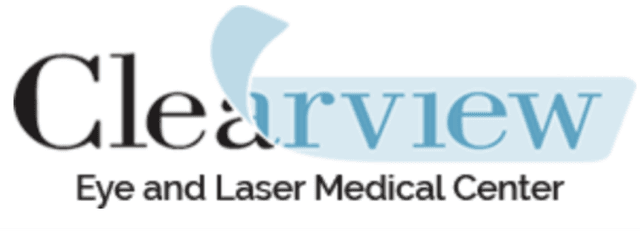
SAN DIEGO, Nov. 05, 2013 /PRNewswire/ -- According to the National Institutes of Health, diabetes is the leading cause of blindness among adults in the United States. Approximately 7.7 million Americans have been diagnosed with diabetic retinopathy, with the numbers expected to rise to 11 million by the year 2030. With the month of November designated as National Diabetes and Diabetic Eye Disease Awareness Month, Dr. Sandy T. Feldman - a nationally-recognized ophthalmologist and corneal expert at Clearview Eye & Laser Center in San Diego - encourages patients with diabetes to immediately consult with their physicians if they suspect any issues developing with their vision.
"With the number of individuals who develop diabetes-related eye disorders growing at such an alarming rate, it is imperative that patients take the necessary precautions and preventive measures in order to prevent these conditions from progressing," said Dr. Feldman. "Simple things like eating a healthy diet in order to control blood glucose levels or hypertension, or getting your eyes examined each year, go a long way in diabetes and eye disease self-management."
For individuals with diabetes, the three major eye conditions that may develop and of which they should be aware include cataracts, glaucoma, and retinopathy. High glucose (sugar) levels can increase the risk of these and other eye problems resulting from diabetes. The high blood sugar causes the eye lens to swell, which can hamper one's ability to see. To correct this problem, the blood sugar levels must be returned to the target range, which may take as long as three months to control and for vision to return to normal.
To rule out any potential vision issues, Dr. Feldman encourages patients with diabetes to take the following precautions to help prevent major vision problems from developing:
Consult with an ophthalmologist if you experience changes in your vision. Changes such as blurry vision, or pain or pressure in the eye, may signify more serious issues such as damage to the retina.
Control blood glucose and blood pressure by eating a healthy diet and getting plenty of exercise.
As a leader in the field of ophthalmology, Dr. Sandy T. Feldman has participated in FDA clinical studies of Personalized LASIK. Currently, she is involved in studies of a new treatment to halt the progression of keratoconus, a disease in which the fitting of contact lenses can become challenging. In 2009, she was one of ten laser eye care providers in the U.S. to receive the Goldline Award as seen in Forbes Magazine. In 2010, she was awarded the Silver Elite RealSelf award, and in 2011, she was awarded Top Doc San Diego, inducted into the prestigious American College of Ophthalmic Surgeons and was one of the nation's 15 leading laser eye surgeons as seen in Newsweek magazine. In 2013, Clearview Eye & Laser Medical Center was voted best LASIK center in San Diego by CityBeat Magazine. Dr. Feldman is a member of the American Academy of Ophthalmology and American Society of Cataract and Refractive Surgery.
Clearview Eye & Laser Medical Center6255 Lusk Blvd, Suite 100, San Diego, CA 92121
858.452.3937
www.clearvieweyes.com
Call Us: (858) 452-3937
8:30AM - 7:00 PM - Monday through Saturday (Saturday until 11:30AM)